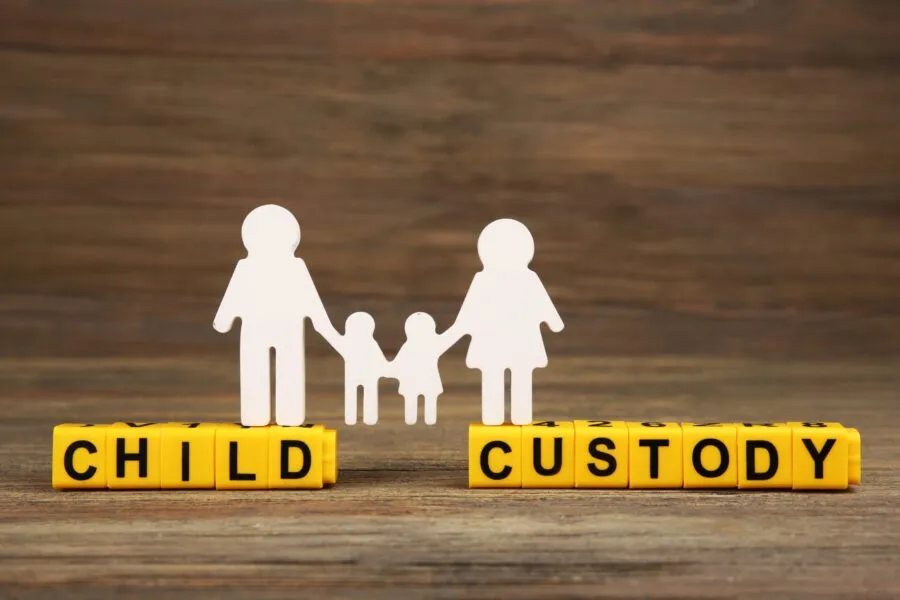When you are searching for an attorney in Charlotte, it is vital to find an attorney who has proven experience successfully handling cases like yours. When it comes to family court, many of the cases that unfold involve several issues. For example, you may be planning to divorce, but if you have children with your spouse, you need to prepare for a child custody determination as part of the divorce process.
We have solid professional experience handling many types of family court cases, including:
- Divorce. Ending a marriage is a complex process, and while North Carolina’s law on child custody, child support, alimony and equitable distribution are seemingly straightforward, the actual legal process of ending a marriage is often more difficult than divorcing spouses expect. Trust our firm to help you identify the key issues you must resolve and develop a strategy for resolving your divorce as efficiently as possible.
- Child custody determinations. A custody dispute is likely to be one of the most challenging experiences of a parent’s life, and the outcome will affect the child most acutely. Whether you are seeking full custody of your child or aim to arrange a joint custody order with your co-parent, we will do everything we can to help you make the strongest possible case for the custody rights you hope to secure.
- Separation. In North Carolina, a one year separation is a necessary prior to filing for divorce, but it can also serve as an alternative that allows the spouses to reconsider whether they should end their marriage or attempt to reconcile. Separation is also defined as living in separate households, not separate bedrooms. Also, even though you must wait one year for the separation to obtain a divorce in North Carolina, you do not have to wait the one year to resolve issues of child custody, child support, alimony and equitable distribution. If you intend to separate in North Carolina, we can help you make clearer sense of this process and provide further legal representation if you decide to later proceed to divorce.
- Child support. When one parent has custody of their children, the noncustodial parent is likely to face a child support requirement. Child support can also come into play when parents share custody based on the time each parent spends with a child and each parent’s income. Whether you are required to pay or receive child support, we can help to ensure a fair determination and address any disputes you encounter regarding your support order.
- Domestic violence. Domestic violence is a serious issue, and the perpetrator can be subject to criminal charges and/or civil penalties. We can help our clients secure a civil protective order if necessary and help them navigate the criminal process to pursue charges. We can also ensure that any domestic violence you or your children have experienced is properly reflected in a divorce and/or custody order.
These are only a few examples of the types of family court cases our firm represents in Charlotte. It’s important to remember that, unlike other areas of law, family law accounts for the fact that the parties involved in a case may need to later return to court to readdress some of the issues covered in their original proceedings. When you choose our team, you will have a faithful advocate ready to assist you with any future proceedings that might arise.




